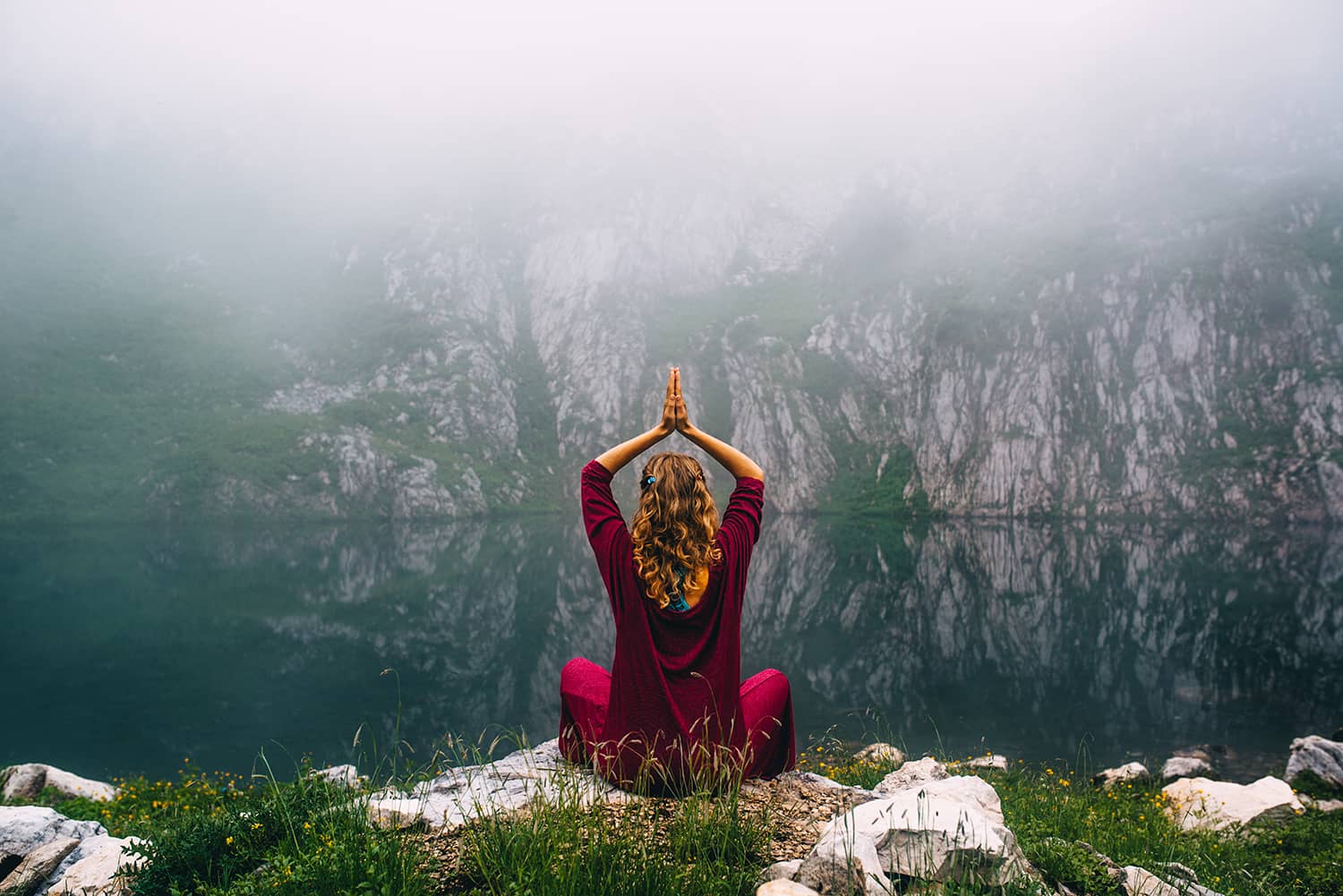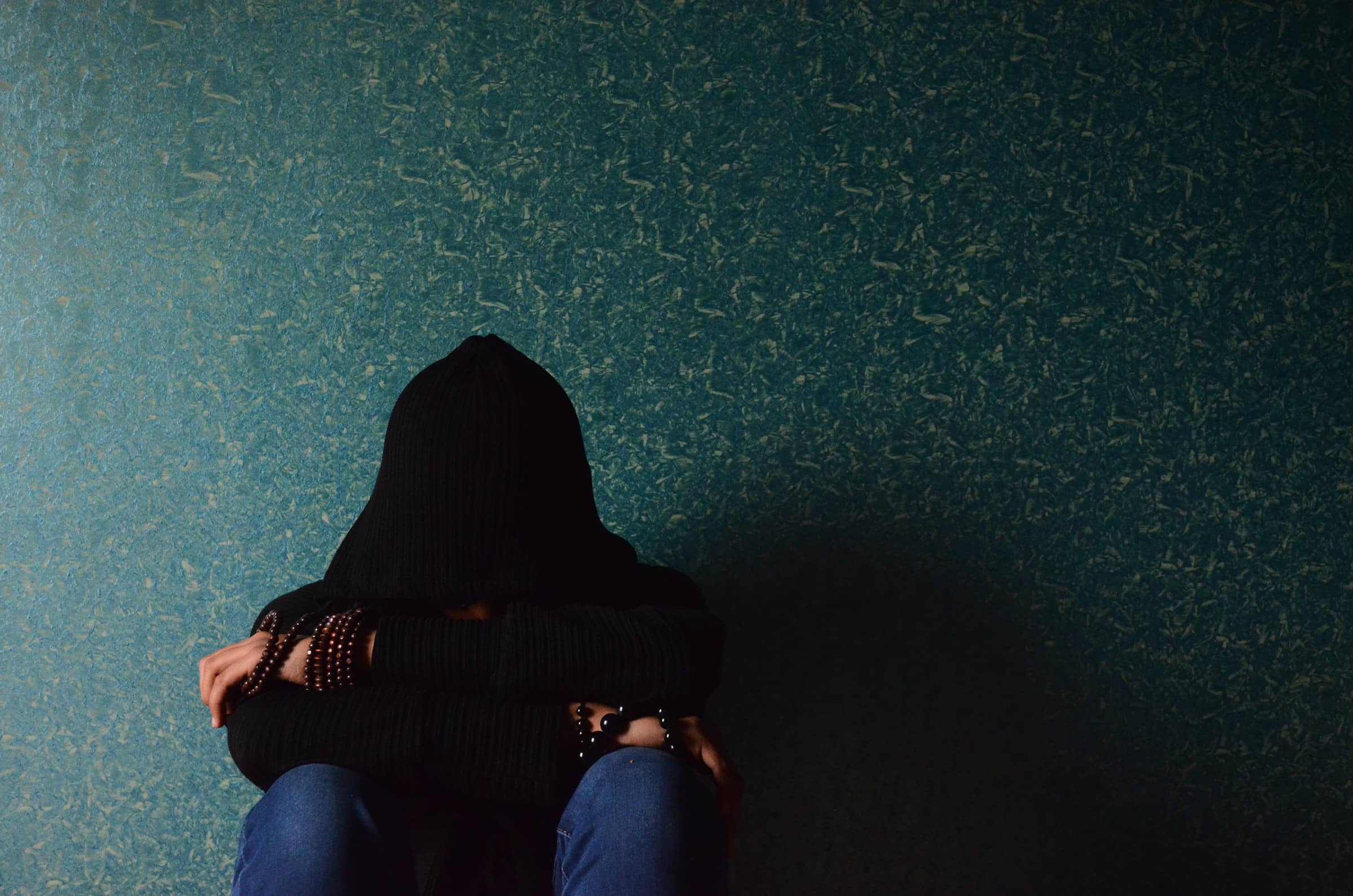De-mystifying Mindfulness: A Guide to Practicing Mindfulness
Are you curious about the world of mindfulness? Do you want to understand more about this ancient practice and how it can help you find peace, harmony, and a sense of calm in your life? In this blog post, we’ll be de-mystifying mindfulness so that you can better understand what it is and why it’s become so popular.
Mindfulness has been around for centuries, but nowadays, it’s become one of the most talked-about topics in the wellness world. It’s all about being present in the moment and using simple techniques to focus on your physical and mental well-being. When used correctly, mindfulness can help us become more aware of our thoughts, feelings, and environment – creating balance, peace, and happiness within ourselves.
So if you’re ready to learn more about mindfulness and how it can benefit your life, let’s dive in. First, we’ll explore how this practice works and some easy tips for getting started with mindful living. There will also be plenty of advice on making mindfulness a part of your daily routine – helping you create a greater sense of inner harmony in no time.
Definition of Mindfulness
Mindfulness is often shrouded in mystery but doesn’t have to be. In its simplest form, mindfulness focuses on being present in the moment. It’s a state of awareness that allows us to observe our thoughts and feelings without judgment. Like a lighthouse shining through the fog, mindfulness can help us discover clarity amidst life’s chaos. With this newfound clarity comes an opportunity to make more conscious choices and live intentionally.
Experience the Mental and Physical Benefits of Mindfulness
Mindfulness offers numerous benefits with scientific backing. It can improve both physical and mental health, as well as help us cope with difficult emotions. In addition, studies have shown that regular mindfulness practice can reduce stress and anxiety, increase self-awareness and compassion, and even enhance concentration and focus.
It’s no wonder that many people are turning to mindfulness for its potential to help them live a happier and healthier life. With just a few minutes of mindful practice each day, we can begin to experience the positive effects on our body and mind. This could be anything from increased productivity at work to improved relationships with friends or family.
Mindfulness offers numerous benefits with scientific backing. It can improve both physical and mental health, as well as help us cope with difficult emotions. In addition, studies have shown that regular mindfulness practice can reduce stress and anxiety, increase self-awareness and compassion, and even enhance concentration and focus.
It’s no wonder that many people are turning to mindfulness for its potential to help them live a happier and healthier life. With just a few minutes of mindful practice each day, we can begin to experience the positive effects on our body and mind. This could be anything from increased productivity at work to improved relationships with friends or family.
Practicing Mindfulness: Improve Yourself Mentally and Physically
Having explored mindfulness’s incredible benefits, it is time to dive into the practice. Mindfulness is like a superpower. It’s something that can transform your life exponentially! With just a few simple steps, you can start cultivating this power and incorporating mindfulness into your everyday life.
The first step in practicing mindfulness is to observe your thoughts and feelings without judgment or criticism. Notice how you’re feeling at any moment and note where your mind wanders. This will help you gain greater awareness and better understand yourself more deeply. It may seem daunting initially, but it quickly becomes second nature with consistent practice.
Mindful living also involves maintaining an attitude of non-judgment towards yourself and others. For example, when engaging in difficult conversations, try to be open to hearing different perspectives without forming an opinion immediately. This will help foster understanding, promote connection with others, and create more meaningful relationships.
Through mindfulness, we can gain greater self-awareness, foster understanding between people, and ultimately lead to more meaningful connections in our lives – transforming each day into something extraordinary!
Applying Mindfulness in Everyday Life
Mindfulness can be applied in many ways to our everyday lives, allowing us to experience greater peace, clarity, and joy. It can help us to become more aware of how we feel and think, enabling us to make decisions that come from a place of kindness and wisdom. This way, we can learn to respond rather than react to challenging situations.
The practice of mindfulness can also help us to meet difficult emotions with compassion rather than getting caught up in them or suppressing them. This allows us to cultivate an inner sense of well-being essential for a balanced life. Additionally, being mindful can help us develop gratitude for the people and things in our lives that bring joy and purpose.
Through establishing a consistent practice of mindfulness, we can begin to see our inner world with new eyes and start taking control of our happiness. Doing so creates space for self-discovery and growth while becoming more connected with ourselves and those around us.
Mindfulness can be applied in many ways to our everyday lives, allowing us to experience greater peace, clarity, and joy. It can help us to become more aware of how we feel and think, enabling us to make decisions that come from a place of kindness and wisdom. This way, we can learn to respond rather than react to challenging situations.
The practice of mindfulness can also help us to meet difficult emotions with compassion rather than getting caught up in them or suppressing them. This allows us to cultivate an inner sense of well-being essential for a balanced life. Additionally, being mindful can help us develop gratitude for the people and things in our lives that bring joy and purpose.
Through establishing a consistent practice of mindfulness, we can begin to see our inner world with new eyes and start taking control of our happiness. Doing so creates space for self-discovery and growth while becoming more connected with ourselves and those around us.
3 Key Takeaways about De-mystifying Mindfulness
- Mindfulness is about being aware of the present moment and taking time to be mindful of your thoughts, feelings, and environment. It is not a religious practice or a form of meditation.
- Mindfulness can help you to become more present and mindful of your life, helping you to take more control of your thoughts and emotions.
- Practicing mindfulness can bring a variety of benefits to your life, such as improved emotional regulation, increased self-awareness, better focus, and improved relationships. It can also help to reduce stress and anxiety.
Final thoughts and Next steps
In conclusion, practicing mindfulness can incredibly benefit our lives, allowing us to gain clarity, focus, and peace. It’s worth taking the time to understand what it is and how to practice it. Once we build a strong foundation of mindfulness in our lives, we can apply this technique almost anywhere.
We can practice mindfulness when facing difficult decisions or challenging situations. We can take a step back and observe our thoughts objectively, allowing us to make more informed choices that better serve us in the long run. Mindfulness also helps us appreciate the small moments in life and the joys that often go unnoticed amidst the chaos of everyday life.
We can cultivate greater self-awareness and inner peace by de-mystifying mindfulness and understanding its applications in our daily lives. We learn to be truly present in each moment without judgment or expectation. Cultivating mindfulness is an invaluable skill for living a happy life and getting in touch with your true Inspired Self.
Adam is a former Fortune 500 senior executive. He is a father, husband, student of life, and “self-awareness” transformational coaching leader.
Talk to Adam for FREE
SCHEDULE A NO OBLIGATION ONE-ON-ONE SESSION
Tell me about where you are in life, and I’ll suggest some tools to help you find new insights. It’s my purpose to serve others, so even if this meeting is our only interaction in life, I get the pleasure of meeting you and living my highest purpose.






